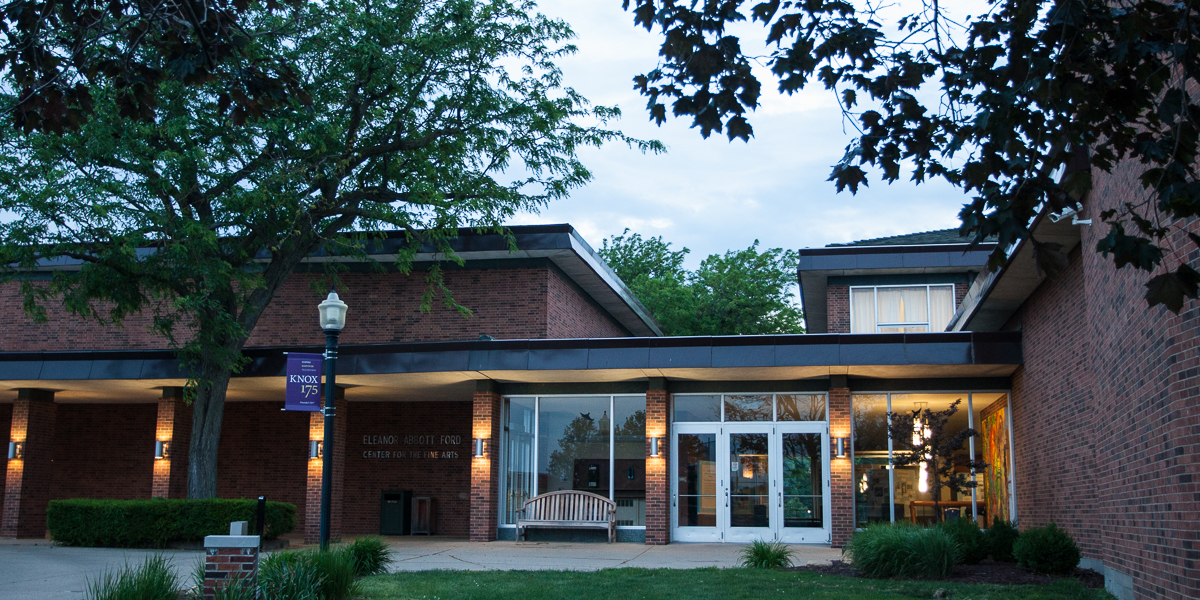Knox Stories
Knox Announces New Vice President and Director of Athletics
Newell comes to Knox from Kenyon College, a fellow NCAA Division III national liberal arts institution.

Office of Communications
2 East South Street
Galesburg, IL 61401


by Celina Dietzel '17
Knox College faculty member James Thrall, Knight Distinguished Associate Professor for the Study of Religion and Culture, presented papers on Philip K. Dick's science fiction novel The Man in the High Castle at two recent international conferences.
Thrall presented at the International Society for Media, Religion and Culture Conference in Seoul, South Korea, and the International Society for Religion, Literature, and Culture Conference in Glasgow, Scotland.
Thrall's papers drew on a chapter titled "The Authority of Sacred Texts in Science Fiction," that he contributed to The Routledge Companion to Literature and Religion, published earlier this year.
The Man in the High Castle novel and its television adaptation are set in the United States and explore alternate realities of what life would be like if the Axis Powers had won World War II. The novel looks at hypothetical situations through the lens of mass media, questioning what impact presentations of information have on our culture.
"I talk a fair amount in the paper about [Philip K. Dick] thinking about the role of media in shaping reality. In this sense, the media becomes a sacred text that ends up shaping how we view our universe," Thrall said.
Much of Thrall's academic research has focused on science fiction in relation to popular culture, literature, film, and other media. One of the courses he teaches is Religion and Science Fiction, which examines the fusion of those topics.
"There's a fantastical quality to both [science fiction and religion] that allows for a flow of speculative thought," he said. "There's just a lot of religion and references to religion in science fiction, and a lot of explorations of the question 'What if?' One way to understand what religion is about is to answer the question 'How shall we live?' And science fiction, in a sense, does something very similar."
Thrall's interest in religious studies developed from an early age; he grew up in Japan, Burma, Korea, and the Philippines as a member of a U.S. Foreign Service family, and was fascinated with the Eastern religions that surrounded him.
Thrall developed a liking of science fiction just as early in life.
"I've just been reading [science fiction] since I was a small boy," he said.
Thrall is chair of the religious studies program at Knox, and he is faculty advisor for Fusion, a journal of interreligious dialogue. Thrall has been published in a variety of academic journals and has presented his papers at conferences worldwide.
Published on December 07, 2016